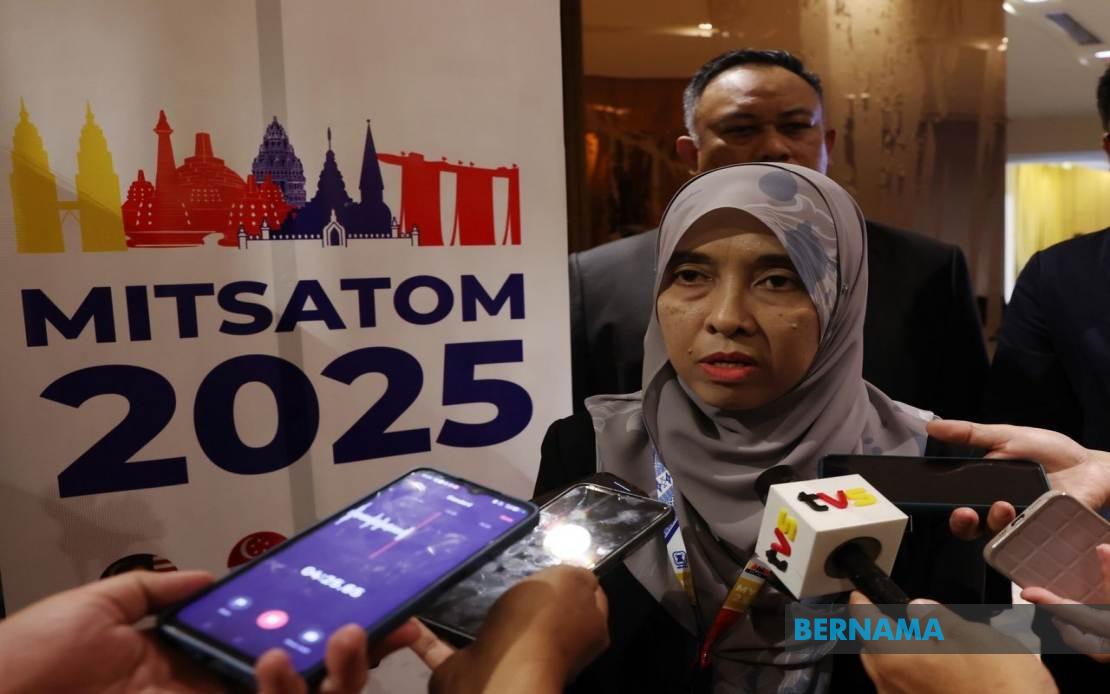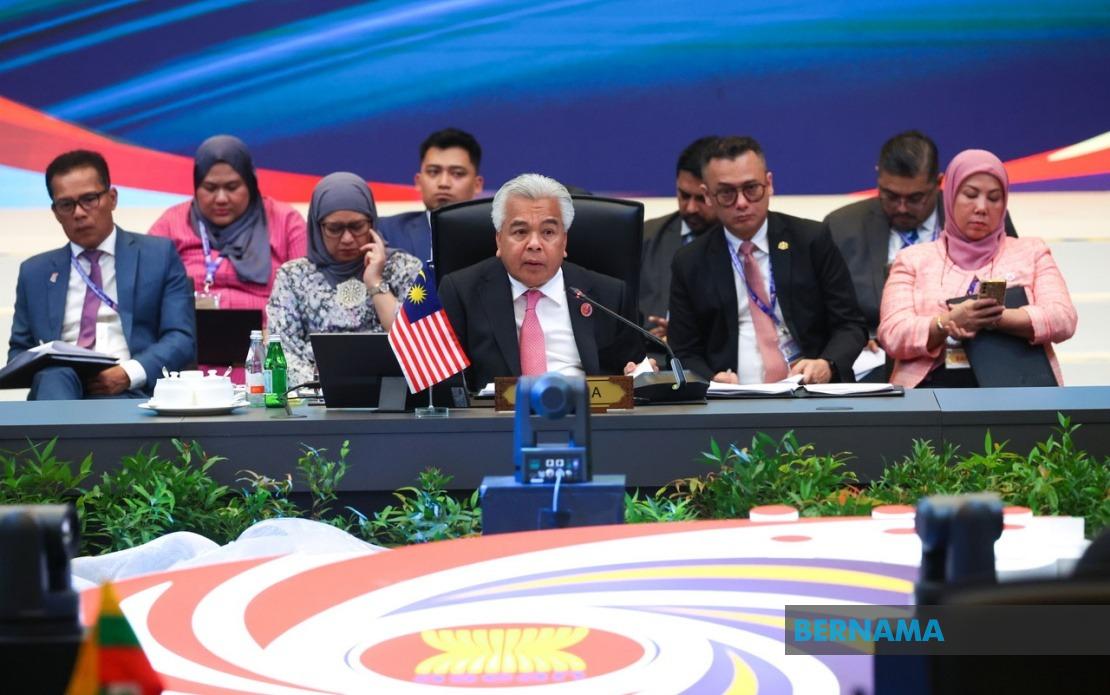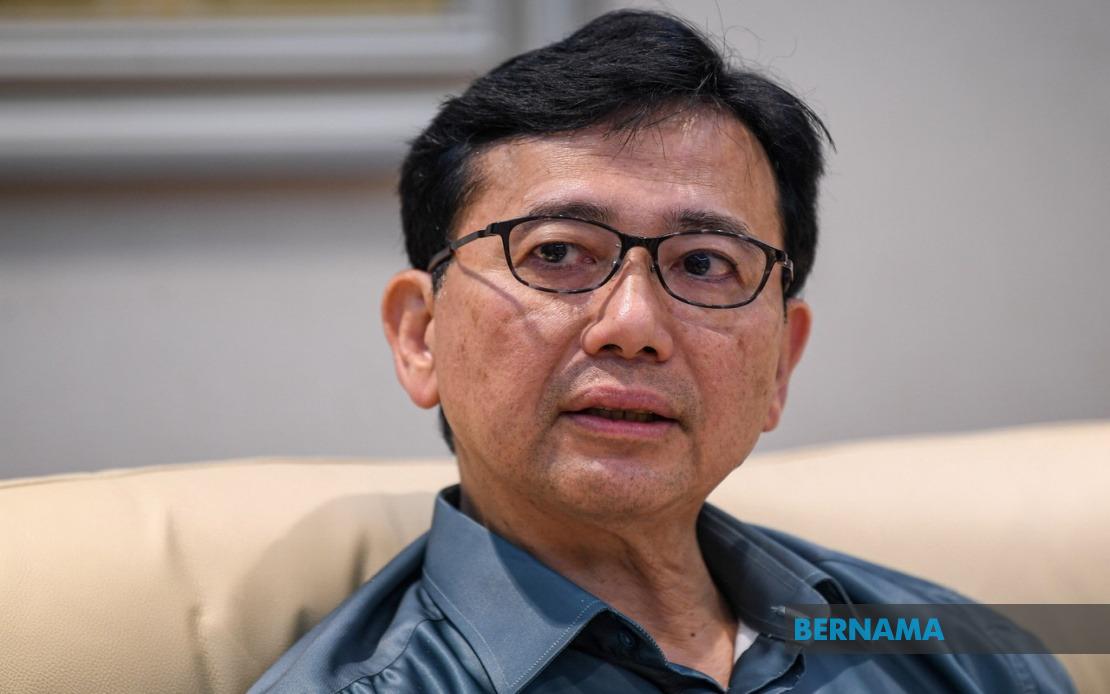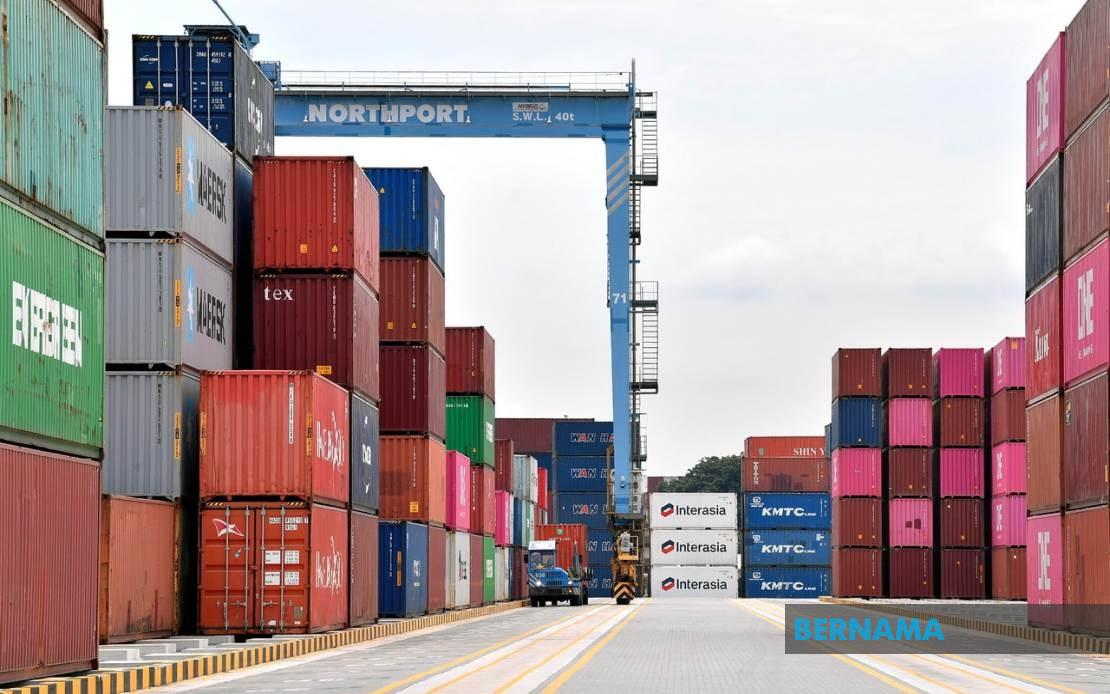ALL EYES ON 58TH AMM AS MALAYSIA DRAWS GLOBAL POWERS TO KUALA LUMPUR
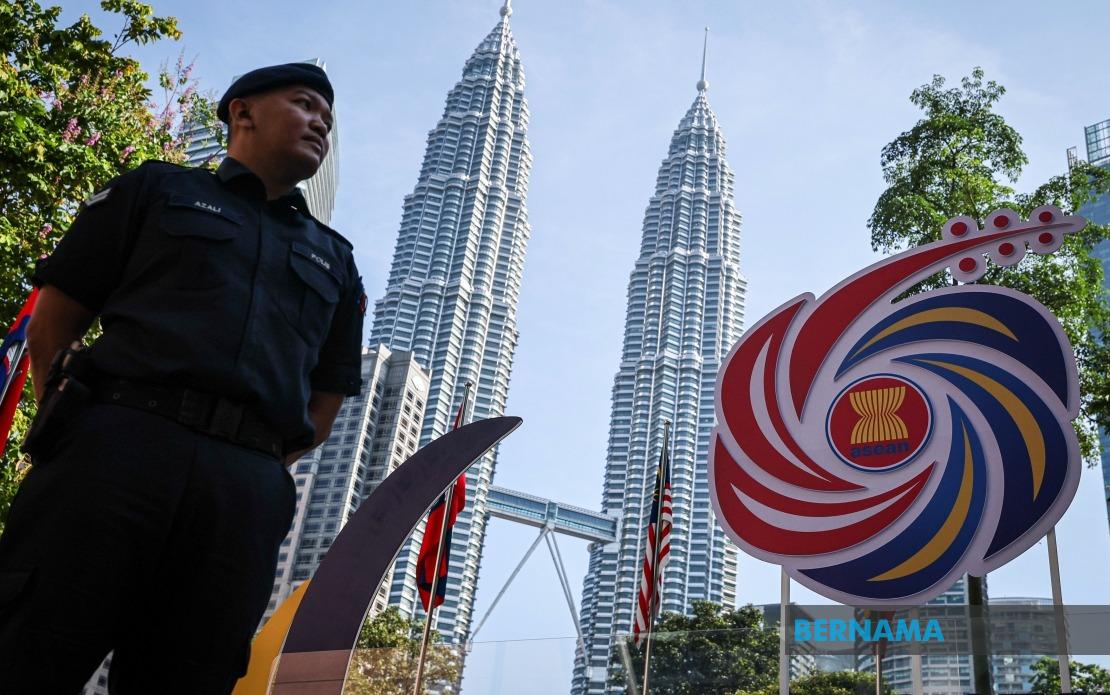
By Nurul Hanis Izmir
KUALA LUMPUR, July 7 (Bernama) -- As Malaysia prepares to host the 58th ASEAN Foreign Ministers’ Meeting (AMM) and related meetings beginning July 8, the capital city is already abuzz with diplomatic anticipation.
What sets this year apart is not just the breadth of the agenda but Malaysia’s remarkable ability of Malaysia, as ASEAN Chair, to draw participation from over 35 countries - including key dialogue partners and regional stakeholders, some of which are among the world’s leading powers.
The four-day gathering will feature 24 ministerial-level meetings encompassing engagements with ASEAN Dialogue Partners, Sectoral Dialogue Partners and external partners - underlining its pivotal role in the regional diplomatic calendar..
While global platforms such as the United Nations General Assembly (UNGA) may attract more leaders on an annual basis, the AMM remains Southeast Asia’s foremost multilateral diplomatic forum.
In contrast to forums like the G20 Foreign Ministers’ Meeting, which is smaller in scope and focused on global economic governance, the AMM brings together a broader mix of nations - within a structured platform grounded in consensus-building, regional stability and inclusive cooperation.
At a time when geopolitical divides are widening and multilateralism is under strain, Malaysia’s success in convening such a high-level international turnout reflects its standing as a credible middle power and convenor.
Malaysia is no stranger to proactive international diplomacy. Its international engagement spans from peacekeeping missions, advocating for the rights of Palestinians, championing South-South cooperation and consistent calls for an end to conflicts worldwide.
Adding a layer of urgency to this year’s ASEAN meetings is the mounting global economic uncertainty stemming from the looming July 9 deadline for the expiration of the United States’ cooling off period on trade tariffs.
Should Washington decide to reimpose steep reciprocal tariffs - especially targeting Chinese goods - the ripple effects could reignite trade tensions and threaten regional export-reliant economies including Malaysia. It could further throw the international trading order into disarray.
Nevertheless, with major economies like the United States and China both at the table, the AMM offers a timely and critical platform for ASEAN leaders to express collective concern and explore coordinated strategies to mitigate the potential fallout.
According to Oh Ei Sun, Senior Fellow at the Singapore Institute of International Affairs, Malaysia plays a pivotal role in today’s increasingly fragmented world.
"We live in a very polarised world and it is increasingly important for middle powers such as Malaysia to carefully balance its own national interests versus the greater good for the world," he told Bernama.
For Oh, the key message from this upcoming gathering is clear -- peace and prosperity.
"Regionally, we are facing several ongoing or looming crises, such as the situation in Myanmar and tensions between Thailand and Cambodia. At the same time, we are the fastest-growing region in the world. We need to explore how we can better engage with major economies and serve as a role model for less developed nations," he said.
Malaysia’s approach to diplomacy appears to have struck the right chord, both regionally and globally.
Its ability to attract a wide spectrum of countries to the AMM reflects ASEAN’s enduring relevance and Malaysia’s commitment to meaningful, inclusive engagement.
Further elevating the stature of this year’s meeting is the convening of the Fourth Conference on Cooperation among East Asian Countries for Palestinian Development (CEAPAD IV), held on the sidelines of the AMM.
Co-chaired with Japan and Palestine, the conference is expected to focus on ongoing efforts to support the reconstruction and development of Gaza and Palestine. It also aims to build consensus on ending Israel’s aggression against the hapless Palestinians.
The convergence of so many countries in Kuala Lumpur underscores not just the importance of the ASEAN meetings but also Malaysia’s role growing role as a diplomatic bridge—capable of bringing together diverse interests in pursuit of peace, development, and regional stability.
Secretary General of the Ministry of Foreign Affairs, Datuk Seri Amran Mohamed Zin, noted that Malaysia’s ability to attract such broad participation this year reflects the high expectations placed on its ASEAN Chairmanship since it assumed the role in January.
“As mentioned at the beginning of the year, as soon as Malaysia assumed the ASEAN Chairmanship, there were high hopes among ASEAN partners as well as dialogue partners that ASEAN cooperation and relations with external parties would continue to be strengthened," he said at a press conference held in conjunction with the 58th AMM and related meetings here.
Amran emphasised that the participation of foreign ministers this year goes beyond mere protocol - it reflects genuine interest in Malaysia’s leadership and hosting of ASEAN.
With key partners such as the United States, China, Japan, India, the European Union and South Korea scheduled to attend, the AMM serves as a vital platform to address pressing issues, including regional security, economic resilience and sustainable development.
Malaysia is not just playing host—it is actively shaping the regional agenda through an inclusive and balanced approach, rooted in ASEAN centrality and open to broader cooperation.
As the world watches, the 58th AMM is more than a diplomatic gathering. It is Malaysia’s moment to reaffirm its global relevance, bridge regional divides and lead with a sense of purpose to achieve peace and shared prosperity.
-- BERNAMA
